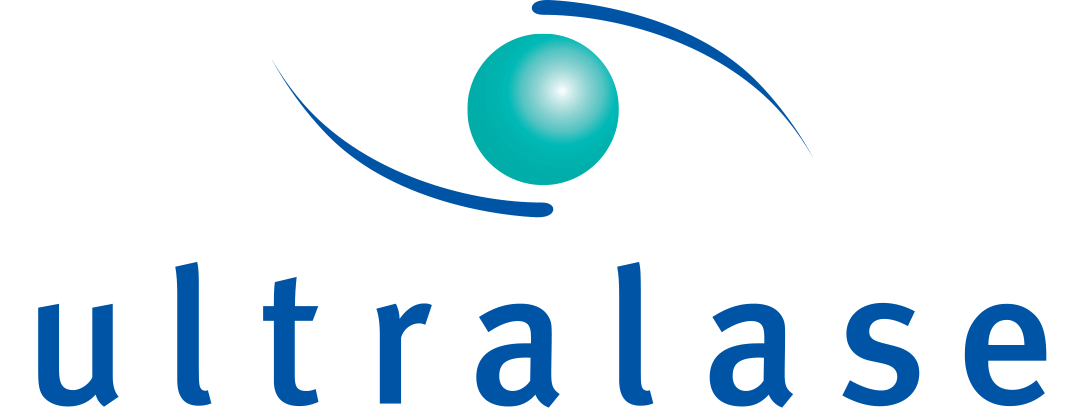Questions To Ask The Surgeon Before Having Laser Eye Surgery
08 January 2019

30 million people have benefited from laser eye surgery globally.
It’s not uncommon for people to feel squeamish when it comes to laser eye surgery; yet it’s been hitting the headlines recently, with the rise in celebrity attention.
As with all surgeries, it comes with its risks and its misconceptions. Whilst there is no such thing as a risk-free surgical procedure; laser eye surgery is in fact one of the safest out there. Some believe, for example, that the laser used can cause blindness, but this simply isn’t true.
It’s normal to feel an element of apprehension before undergoing visual correction. Arm yourself with the correct knowledge and you will feel in a much more secure position.
In this article, our patient advisers have come together to comprise 11 questions that they believe patients should be asking their surgeon prior to treatment. But first we detail the most common risks associated with laser eye surgery.
How risky is Laser Eye Surgery?
Despite what some believe or hear on the grapevine, laser eye surgery is remarkably safe. You may be surprised to hear that there’s actually a higher risk of developing sight-threatening eye infections from contact lens use, than there is after surgery.
Laser eyes surgery has a very high success rate. In fact, The LASIK World Literature Review concluded that 95% of patients are satisfied with their results. A phenomenal percentage considering that 100,000 people in the UK alone opt for the procedure every year.
Risk factors to consider include:
Dry eyes
This is a fairly common side effect, however for most patients’ dryness and redness will disappear overtime.
Eye infection
Although extremely rare, infection may occur during the recovery period. If care is taken and medicated eye drops are used exactly as prescribed by the surgeon this should not be something to worry about. Aftercare appointments are vital to assess the health of the eyes after treatment.
Over corrected/under corrected eyes
In very rare cases, the patient’s prescription does not result in 20/20 vision or their condition is reversed (long sighted turned to near sighted or vice versa). If this were to ever happen, re-treatment can be provided to rectify it.
Questions you should ask your surgeon before Laser Eye Surgery

We encourage all patients to ask plenty of questions during consultation; ensuring they leave feeling well-informed and reassured.
Below are 11 top questions, as outlined by Ultralase Eye Clinics Ltd patient advisers. Your surgeon will answer these in detail, along with other questions you have prepared.
How many surgeries have you performed?
This is often one of the first questions our patients ask; after all it’s important that you trust your surgeon. We are proud to say that as a group our surgeons have performed over 700,000 surgeries; so don’t be afraid to ask about this during your consultation.
What are the success rates of those?
Ask your surgeon to elaborate on their experience; it will give you extra reassurance.
What are your qualifications?
Most surgeons will be happy to openly discuss their qualifications and achievements. At Ultralase, we are proud to hire surgeons who have been trained to NHS consultant level and who are members of the Royal College of ophthalmologists.
What are the risks?
Risks will be discussed thoroughly during your surgeon assessment. For peace of mind, we encourage our patients to discuss their concerns with the surgeon.
What is the difference between the two laser treatments?
LASIK and LASEK are two different methods of performing laser eye surgery. Treatment choice depends on lifestyle, occupation, expectations and the thickness of the cornea. For example, LASEK will most probably be recommended for patients who have thin corneas, a high prescription or take part in active sports.
Patients needn’t worry about choosing their most suitable treatment; the surgeon will advise.
What is better if I am in range for both?
The two surgeries differ slightly in how they are performed and the recovery times. Again, the surgeon will explain this in detail.
How much time do I need to take off work?
Recovery from laser eye surgery is generally 3-5 days; depending if you had LASIK or LASEK. Some patients opt to have surgery on a Friday so they can return to work by Monday or Tuesday.
When can I travel/wear make-up/ compete in sporting activities/shower?
It’s vital that you take your after-care seriously. Your surgeon will advise when you can return to your usual activities. You should refrain from rubbing your eyes or immersing them in water post-surgery.
It is advised that a minimum of 4 weeks should pass before sports such as swimming commence.
Can I drive back from treatment?
No. It will only be safe to drive once your eyes reach the national legal driving standard; which will be determined during an aftercare appointment with your optometrist.
Can I see straight after the treatment?
It’s hard to adopt a one-size fits all approach to any type of surgery because every patient is different. Whilst you are likely to experience blurred vision immediately following laser eye surgery, we cannot tell you exactly how long it will be until you experience the final result.
Generally speaking, it’s during the first week that eyesight will stabilise, with most patients noticing significant improvement within the first 24 hours.
Where will the aftercare appointments be?
It’s no good going through with the procedure, if you cannot then attend your aftercare appointments. In almost every case they will be in the same location but it won’t hurt to ask.
Aftercare generally begins a few days after treatment, with discharge happening 12 months later.
Back to Blog
